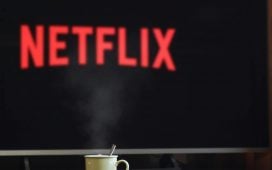2020 has been heralded as the year of the “unprecedented,” “disruptive,” and “transformative” which for sure, it has been all these. However, in a year like no other how can we identify the brands that will thrive? Some say it’s those that are agile, reacting to and predicting consumer demand that will see success. Whilst these are important sub-factors, what we see time and time again is those that win out in the long term are consistent.
Consistency isn’t about ignoring change, instead what we are talking about is not wavering from brand purpose. After all, the purpose is at the very core of why the product or business exists. With such focus on the “why”, navigating
To continue reading this article you need to be registered with Campaign. Registration is free and only takes a minute. Register Now or sign in below if you already have an account.









